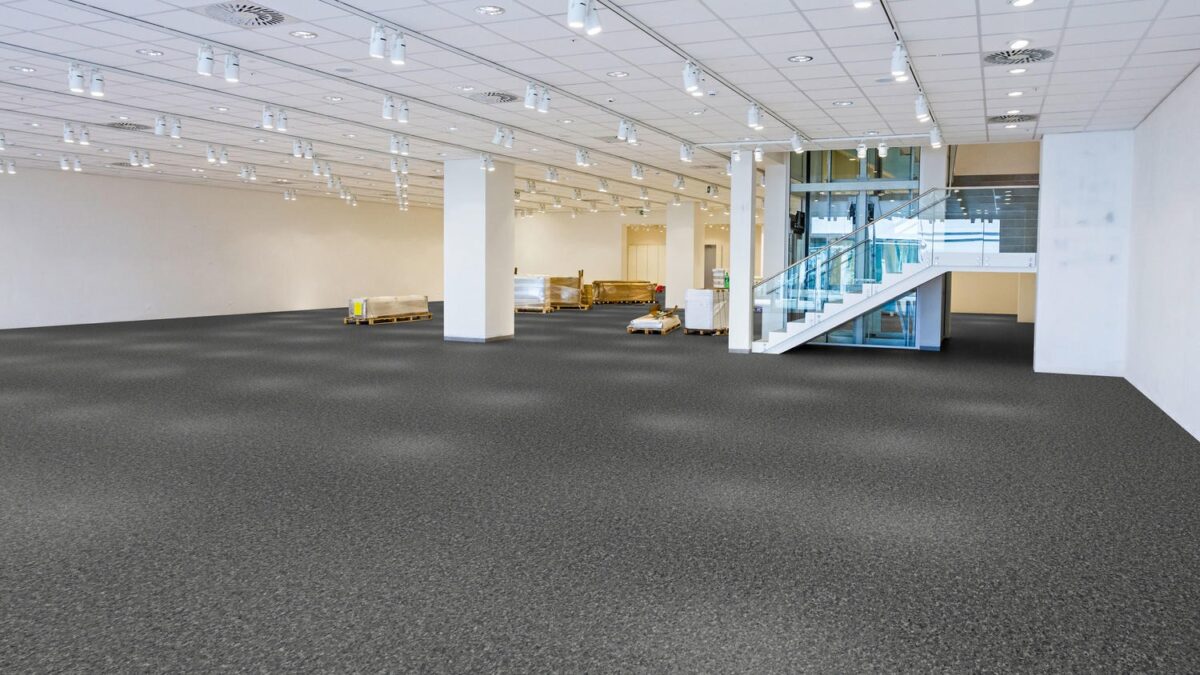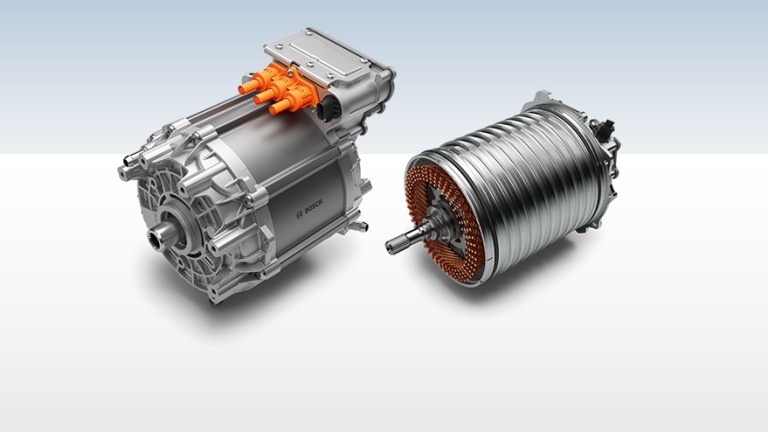Choosing the Right Commercial Flooring in Hamilton: A Complete Guide for Local Businesses

When it comes to selecting the perfect flooring for your commercial space in Hamilton, the decision can be overwhelming. With so many options available, how do you choose the one that will not only stand the test of time but also complement your business’s needs? Whether you’re outfitting a retail store, office, or industrial facility, the right commercial flooring plays a crucial role in both aesthetics and functionality. In this guide, we’ll explore the most important factors to consider when choosing commercial flooring in Hamilton, from durability to maintenance, and how to make the right choice for your business.
Why Commercial Flooring Matters
Before diving into the various types of flooring, it’s important to understand why the right flooring matters so much in a commercial environment. First, flooring directly impacts the overall atmosphere of your business. It’s often one of the first things customers and employees notice, influencing the first impression of your space.
Beyond aesthetics, the functionality of your flooring is key. In commercial settings, flooring must be durable enough to withstand high foot traffic, potential spills, and even heavy machinery or equipment, depending on your industry. It must also be easy to maintain, ensuring that your space remains clean and professional-looking with minimal effort.
Key Considerations When Selecting Commercial Flooring in Hamilton
1. Durability and Longevity
Commercial spaces face constant wear and tear. Whether it’s from foot traffic, furniture, or machinery, the durability of your flooring is paramount. Different materials have varying lifespans, so choosing one that can handle the demands of your space is essential.
For example, vinyl and tile are excellent choices for high-traffic areas due to their long-lasting nature. Carpet tiles can also be a good option if you need a comfortable, noise-reducing floor for office spaces. On the other hand, hardwood floors, while stylish, may not be as resistant to scratches and stains in a commercial environment.
2. Maintenance and Cleaning
Keeping your floors clean should be a top priority for any business, as it directly impacts both the hygiene and appearance of your space. Some commercial flooring options require more maintenance than others, and this should be factored into your decision-making process.
For instance, concrete flooring can be easy to maintain with regular cleaning, but it may require periodic resealing. Carpeting, while soft underfoot, may need more frequent cleaning and possibly professional deep cleaning to maintain its appearance. Vinyl and tile floors are often the easiest to clean, requiring just a quick sweep or mop.
3. Aesthetics and Business Branding
The look of your commercial space can have a significant impact on customer perceptions. If your business’s branding revolves around a clean, modern aesthetic, then sleek, contemporary flooring materials like polished concrete, vinyl, or luxury tile might be the right fit.
However, businesses in more traditional industries may opt for natural materials like wood, which can bring warmth and character to a space. Consider the image you want to project to your clients and choose flooring that aligns with that vision.
4. Slip Resistance and Safety
In any commercial setting, safety is a top priority. Floors need to be slip-resistant, particularly in high-traffic or high-risk areas such as kitchens, bathrooms, or industrial spaces. Slip-resistant flooring can reduce the risk of accidents and injuries, helping you meet safety regulations and providing peace of mind for both your staff and customers.
Rubber, textured vinyl, and certain types of tile are known for their slip-resistant properties and can be ideal choices for safety-conscious business owners.
5. Cost-Effectiveness
While it’s tempting to opt for the most affordable option, remember that commercial flooring is an investment. You need to balance the upfront cost with the long-term benefits, including maintenance costs, durability, and the return on investment in terms of customer experience and employee satisfaction.
Luxury vinyl tiles (LVT) offer a cost-effective solution, providing the appearance of wood or stone without the high price tag. On the other hand, materials like hardwood or high-end carpeting may be more expensive upfront but can provide lasting value and a high-end feel.
Common Types of Commercial Flooring for Hamilton Businesses
When you begin looking at flooring options for your commercial space, you’ll encounter a variety of materials, each with its own strengths. Here are a few of the most common types of commercial flooring available in Hamilton:
1. Vinyl Flooring
Vinyl is an extremely popular choice for commercial spaces due to its versatility, affordability, and ease of maintenance. It is durable, easy to clean, and resistant to moisture and stains. Available in a wide range of styles and finishes, vinyl can mimic the appearance of more expensive materials like wood or stone without the high cost.
2. Carpet Tiles
Carpet tiles are an excellent choice for businesses seeking comfort and sound absorption. They are easy to install and replace, making them ideal for office spaces, conference rooms, or retail environments. However, they do require regular cleaning to maintain their appearance.
3. Hardwood Flooring
Hardwood offers a timeless, elegant look and can elevate the aesthetic of any commercial space. However, it’s generally more expensive and may not be the best choice for high-traffic areas. It’s important to keep in mind that wood flooring requires ongoing maintenance, including refinishing.
4. Concrete Flooring
Concrete is a durable and low-maintenance option that’s often used in industrial or warehouse environments. It can be polished for a sleek, modern look or left unfinished for a more utilitarian feel. Concrete is perfect for high-traffic areas but requires sealing to protect it from stains and damage.
5. Rubber Flooring
Ideal for gyms, hospitals, or any space where heavy-duty performance is needed, rubber flooring is slip-resistant, durable, and easy to maintain. It’s also available in a range of colors and styles, allowing businesses to customize their flooring to match their branding.
Final Thoughts: Choosing the Best Option for Your Business
Selecting commercial flooring in Hamilton isn’t a one-size-fits-all process. By considering the factors discussed above—durability, maintenance, aesthetics, safety, and cost—you can choose a flooring solution that best suits your business needs. Take the time to evaluate your space, assess your budget, and consult with flooring experts to make an informed decision.










